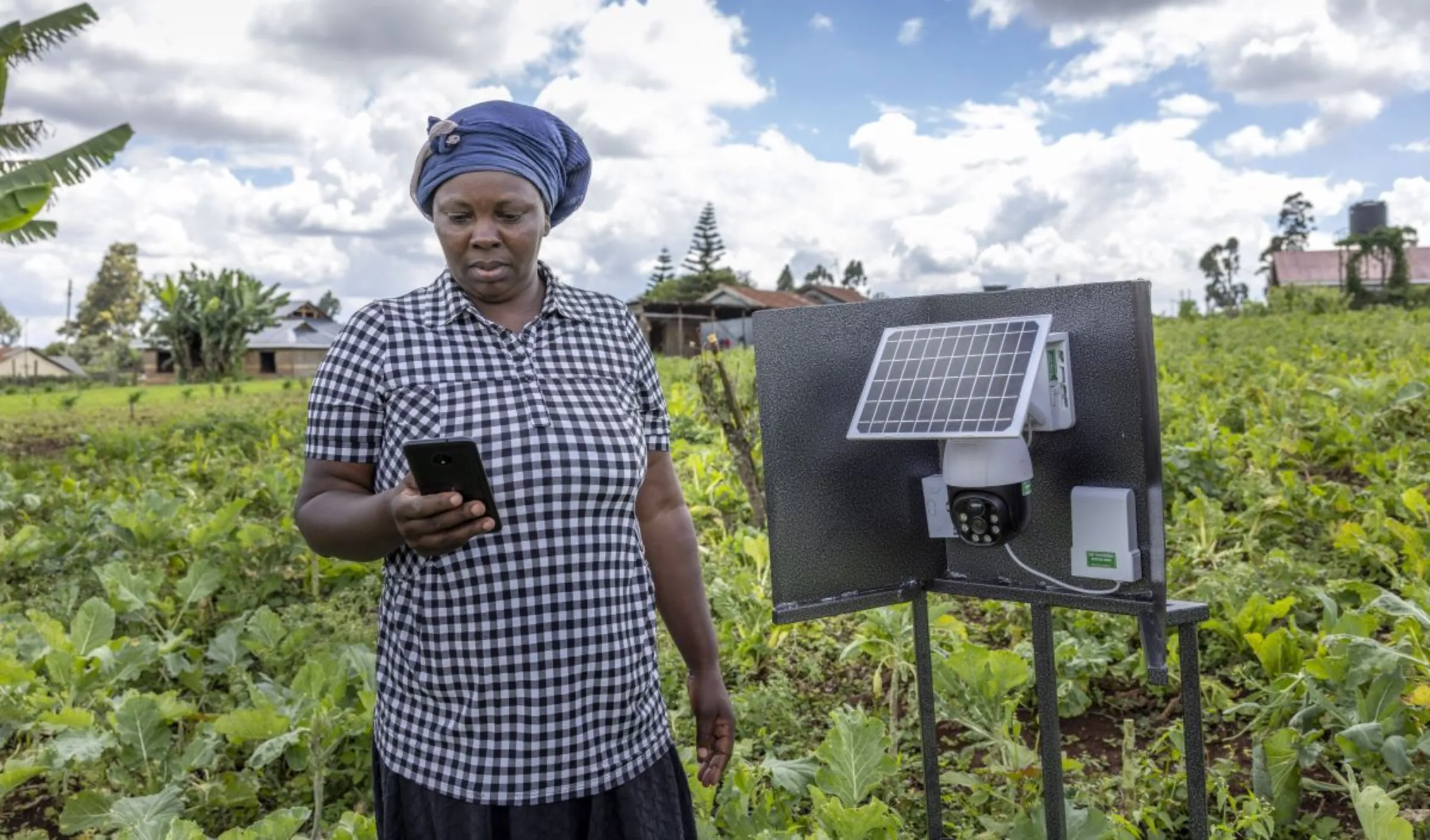Climate change has reduced the predictability of the weather, affecting pastures, rainfall patterns and is putting pressure on food systems; however, African innovators are stepping up and introducing practical solutions. From Nigerian “flying farmers” utilising drones to Kenyan pastoralists managing herds through satellite technology, precision agriculture has moved beyond the realm of the future and is making a tangible impact today.
Technologies such as satellite imagery, drones, IoT sensors, GPS mapping, and AI are now employed to monitor crops in real time, identify pests, estimate yields, and optimise inputs like irrigation and fertiliser. This helps to combat the unpredictability of the weather, preventing drought and degraded pasture. In Egypt, Abdel Aziz Belal promotes these technologies as essential for sustainable farming throughout the continent.
In Nigeria, entrepreneur Femi Adekoya, known as the “flying farmer,” utilises drones to monitor fields, provide precise data, and educate others through his Integrated Aerial Precision company and Precision Field Academy. These initiatives are enhancing local capacity and encouraging more youth to engage in agri-tech.
In Kenya, traditional pastoral communities are now employing satellite-based tools to locate the healthiest grazing areas. These maps assist in making migration decisions and monitoring pasture health across challenging, remote landscapes where conventional scouting experiences difficulties due to changing environmental conditions.
Digital tools frequently overlook women farmers, but Kenyan scientist Pamela Pali, affiliated with the African Plant Nutrition Institute, is dedicated to promoting inclusive access. By emphasising outreach and designing tools that cater to women’s needs, these initiatives aim to enhance both reach and equity.
Supporting innovators like Adekoya could align commercial success with grassroots impact as the promotion of the use of drones and satellite data within national agritech frameworks, especially in remote or climate-vulnerable areas, can enhance food security and bolster adaptation strategies. Additionally, investing in capacity-building and low-bandwidth, inclusive technology platforms, such as satellite-based tools designed for weak networks, can strengthen resilience within farming communities.
Technology is becoming agriculture’s ally in Africa because when drones are in the air, maps assist herders, and when tools are accessible to women, they not only transform farms but also strengthen futures. The transition to precise, inclusive, and climate-smart agriculture is already underway, with individuals on the ground learning, adapting, and leading the way forward.








